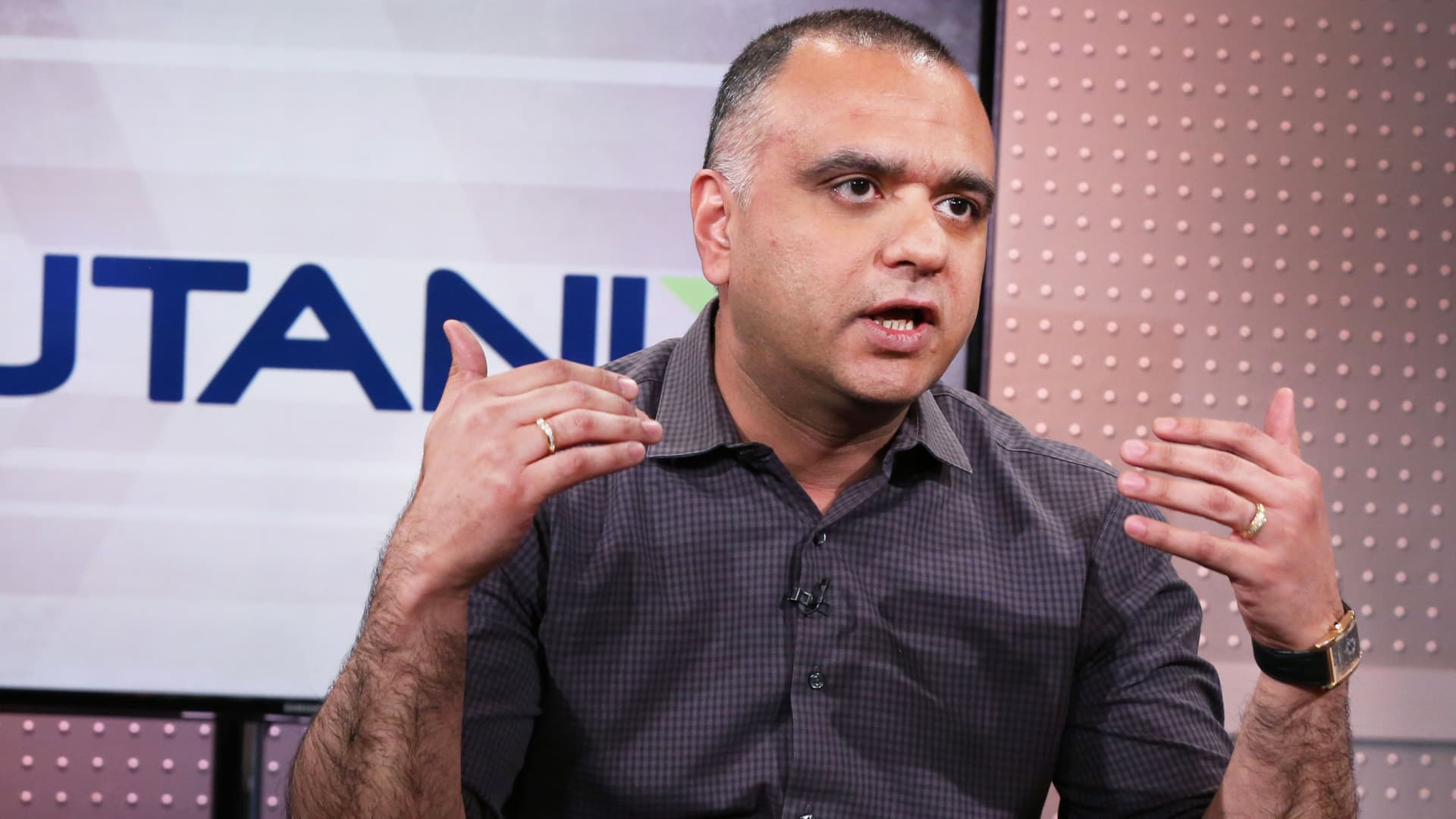A new study by Botond Szabo, a professor at Bocconi University in Milan, has made significant strides in improving the accuracy and reliability of distributed computing methods. Distributed computing is a strategy used to cope with the computation time required to estimate numerous parameters in complex statistical models that utilize large amounts of available information in the world of big data.
The idea behind distributed computing is to divide data or tasks among multiple machines, with only summary information or results of computations sent to a central location. This method not only addresses the issue of computation time but also mitigates privacy concerns since most data does not need to be moved around.
However, even with the communication of summary information between servers, the flow of data can still be costly. To address this, the study borrows the idea of bandwidth limitation from electrical engineers. The goal is to minimize the flow of data while losing as little information as possible. Additionally, parallel computing, which is often used in distributed computing, is a black-box procedure meaning that the transformation of inputs into outputs is not well understood. This lack of understanding makes the results neither completely interpretable nor reliable. The study aims to find mathematical models that provide a theoretical basis for these procedures.
Professor Szabo, who is the recipient of an ERC Grant focused on tackling these issues, along with his co-authors Lasse Vuursteen from Delft University of Technology and Harry van Zanten from Vrije Universiteit Amsterdam, derive the best tests to minimize the loss of information in a distributed framework where data is split across multiple machines and communication is limited to a given quantity of bits.
Tests in statistics are procedures that determine whether a hypothesis about a parameter is true and quantify the uncertainty associated with the result. The tests developed in the study allow for the highest accuracy for a given amount of transmitted information or the minimum amount of information to be transmitted for a needed level of accuracy.
While the paper focuses on an idealized mathematical case, Professor Szabo is already working on more complex settings. The long-term goal is to develop more efficient communication algorithms underpinned by theoretical guarantees.
The study titled “Optimal High-Dimensional and Nonparametric Distributed Testing Under Communication Constraints” by Botond Szabo, Lasse Vuursteen, and Harry Van Zanten was published in the Annals of Statistics.
In conclusion, Professor Szabo’s research lays the foundation for improving the accuracy, reliability, and interpretability of distributed computing methods. By minimizing data flow and developing mathematical models, this study opens the door to more efficient communication algorithms in the world of big data. As the field of distributed computing continues to evolve, this research will play a crucial role in advancing the capabilities and potential of this important computational strategy.


